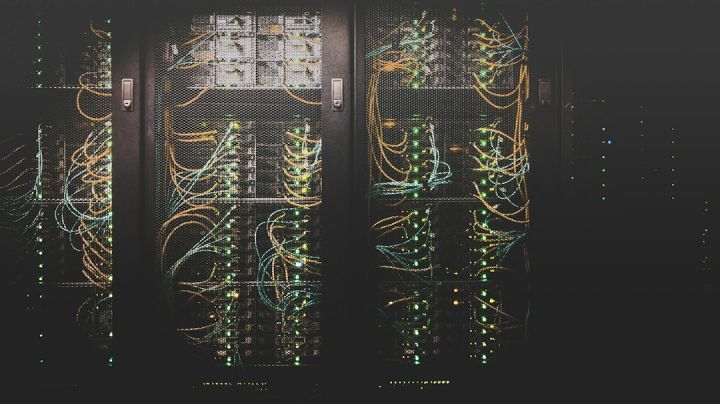Which Industries Benefit Most from Edge Computing?
In today’s fast-paced digital landscape, where data is being generated at an unprecedented rate, businesses are constantly seeking ways to process and analyze this vast amount of information efficiently. Edge computing has emerged as a game-changing technology that enables data processing to be done closer to the source, minimizing latency and enhancing real-time decision-making. While edge computing is beneficial for various industries, some sectors stand to gain more than others. In this article, we will explore which industries benefit the most from edge computing and how this technology revolutionizes their operations.
1. Healthcare: Saving Lives with Real-Time Data
The healthcare industry is one of the primary beneficiaries of edge computing. By bringing data processing closer to the point of care, edge computing allows healthcare providers to deliver real-time insights and improve patient outcomes. For example, in emergency situations, edge computing enables medical devices to process critical patient data instantly, allowing doctors to make life-saving decisions faster. Moreover, edge computing facilitates remote patient monitoring and telemedicine, ensuring that healthcare professionals can monitor and treat patients from anywhere, reducing the need for in-person visits.
2. Manufacturing: Boosting Efficiency and Productivity
Edge computing plays a vital role in transforming the manufacturing industry. By deploying edge devices on the factory floor, manufacturers can collect and analyze data in real-time, enabling predictive maintenance, optimizing production processes, and reducing downtime. This technology empowers manufacturers to identify and address issues before they escalate, resulting in enhanced operational efficiency and increased productivity. Additionally, edge computing enables the seamless integration of robotics and automation systems, further streamlining production processes.
3. Retail: Enhancing Customer Experience
In the fiercely competitive retail industry, delivering an exceptional customer experience is crucial for success. Edge computing enables retailers to leverage data gathered from in-store sensors, customer mobile devices, and online platforms to personalize and improve the shopping experience. For instance, by analyzing real-time data, retailers can offer personalized recommendations, optimize inventory management, and enable seamless checkout processes. Furthermore, edge computing helps retailers minimize latency in online transactions, ensuring a smooth and uninterrupted shopping experience for customers.
4. Transportation: Revolutionizing Mobility
The transportation industry is undergoing a significant transformation, thanks to edge computing. By enabling real-time data processing at the edge, this technology is revolutionizing various aspects of transportation, including connected vehicles, smart traffic management, and logistics optimization. Edge computing allows vehicles to communicate with each other, analyze traffic patterns, and make instant decisions to enhance safety and efficiency on the roads. Moreover, it enables logistics companies to optimize routes, reduce fuel consumption, and streamline delivery operations, resulting in cost savings and improved customer satisfaction.
5. Energy: Enabling Smart Grids
The energy industry is embracing edge computing to build smarter and more efficient power grids. With edge devices deployed throughout the grid, energy companies can monitor and control power distribution in real-time, optimizing energy flow and reducing wastage. Edge computing facilitates the integration of renewable energy sources, such as solar and wind, by enabling intelligent management of these decentralized power generation systems. Additionally, edge computing helps detect and respond to power outages faster, minimizing downtime and improving system reliability.
In conclusion, edge computing is a transformative technology that benefits various industries by enabling real-time data processing closer to the source. The healthcare industry leverages edge computing to save lives through faster decision-making and remote patient monitoring. Manufacturers optimize production processes and boost efficiency with real-time data analysis, while retailers enhance the customer experience by personalizing shopping journeys. The transportation industry revolutionizes mobility through connected vehicles and smart traffic management, and the energy sector builds smarter power grids with edge computing. As technology continues to evolve, edge computing is set to play an increasingly crucial role in driving innovation and digital transformation across industries.






